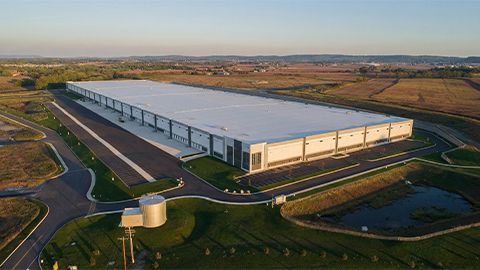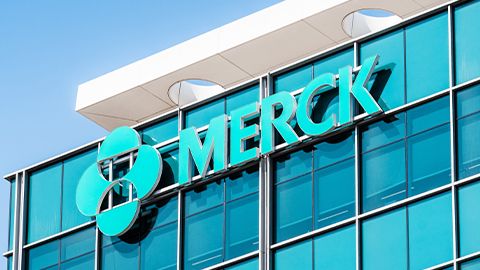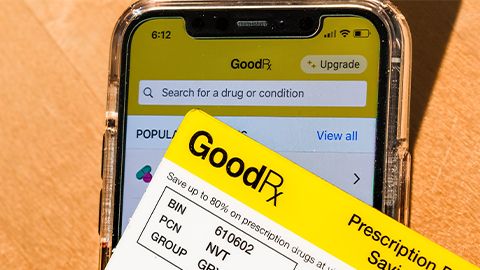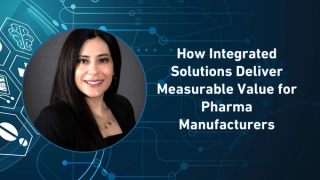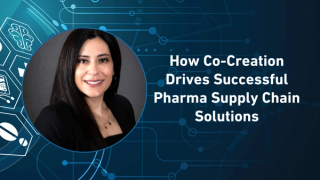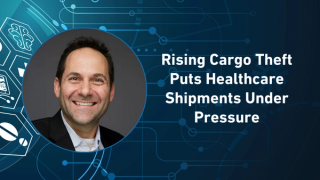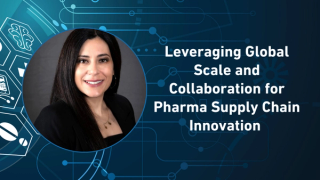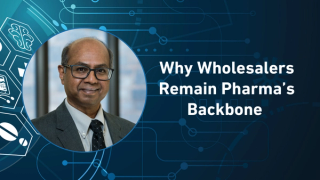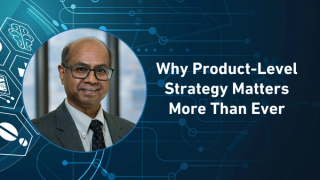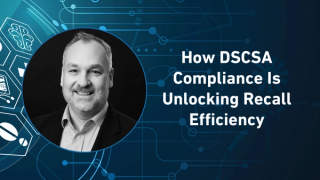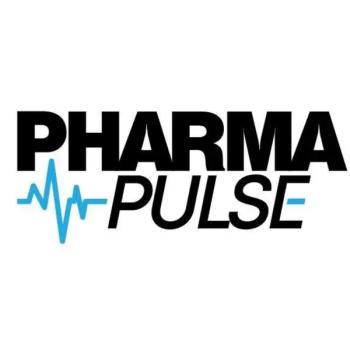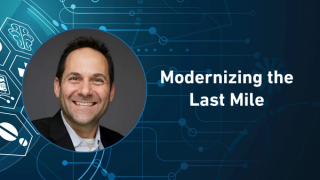
Supply Chain
Latest News

In today’s Pharma Pulse, the FDA issues two high-stakes priority vouchers for cholesterol and cancer therapies, GSK leverages genomic data to refine drug targets, and DHL completes a one-million-square-foot logistics center of excellence.
Latest Videos

Shorts
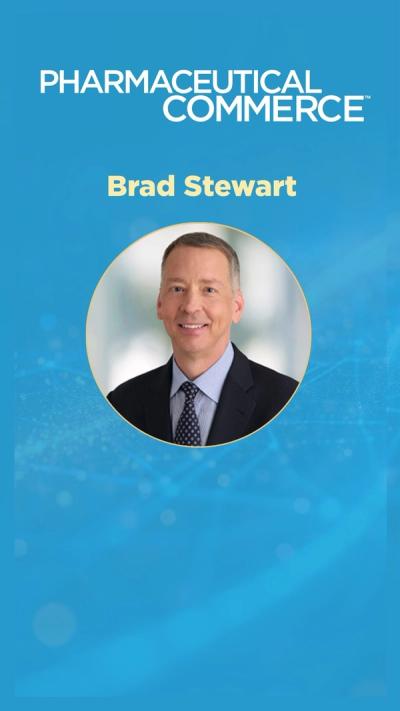
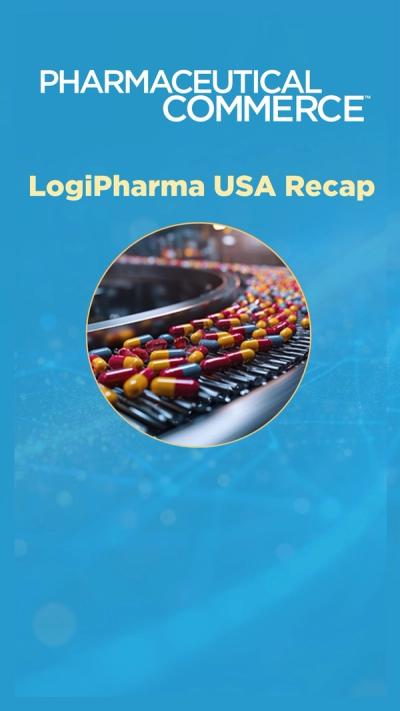

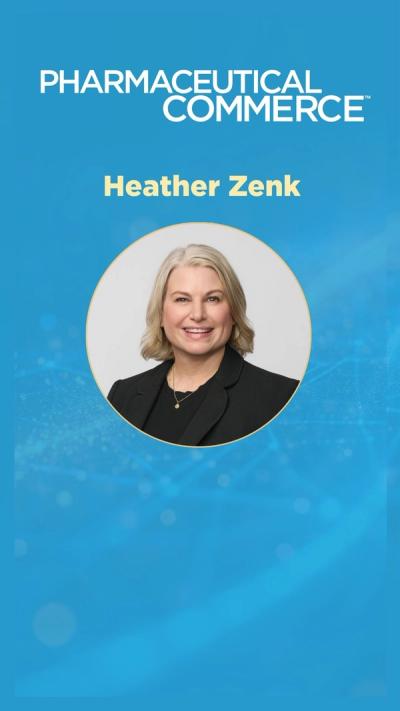
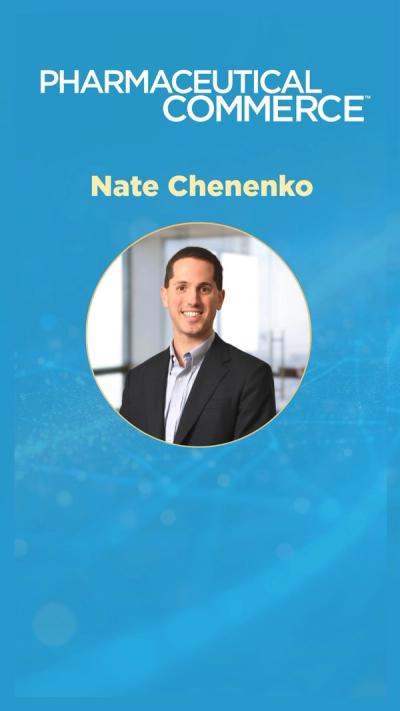
Podcasts
More News
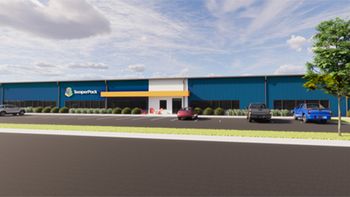
The sustainable packaging company relocates its branded foam production to a more expansive Lansing site, boosting capacity, efficiency, and support for growing demand in the life science market.
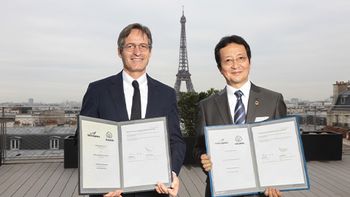
The acquisition strengthens Yusen Logistics’ healthcare footprint across Europe, adding specialized transportation, warehousing, digital, and GDP-compliant capabilities to its regional and global network.
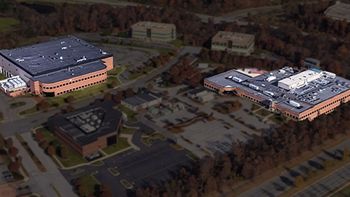
The South Korea–based CDMO acquires its first US manufacturing facility in Rockville, MD, expanding its global footprint and strengthening biologics capacity.

A $1.5 million investment in its facilities located near Los Angeles International Airport strengthens DHL’s cold chain capacity, supporting pharmaceutical and healthcare shipments while advancing the company’s long-term health logistics strategy for the Americas.
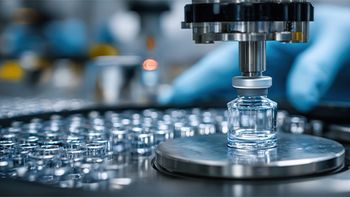
The CDMO’s latest GMP-qualified line strengthens sterile manufacturing scalability.

The acquisition strengthens CEVA’s global project logistics footprint, adding heavy-lift expertise, specialized engineering talent, and integrated solutions across key regions.
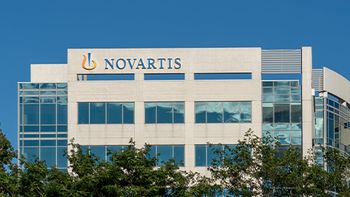
The pharmaceutical giant’s new 700,000-square-foot hub aims to onshore production of key medicines and strengthen the US drug supply chain.

AI-powered control towers and digital twins are emerging as essential tools to prevent costly supply chain failures and restore operational reliability.
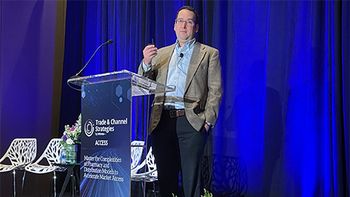
As the FDA ends its phased exemption period for most trading partners, Two Labs’ Michael Rowe warns that DSCSA compliance is entering a far more complex era—one shaped by real-time traceability, digital record requirements, and a transition to a 12-digit NDC.
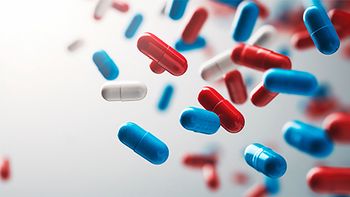
The entrepreneur urges the Trump administration to eliminate costly FDA generic drug fees, part of a broader push to scale domestic production, address shortages, and challenge PBM-driven pricing models.

The pharma distribution giant is scaling its third-party logistics network across Europe and the United States, adding cryogenic capacity, new facilities, and enhanced cold chain services, to support rising demand for specialty pharmaceuticals and global market access.
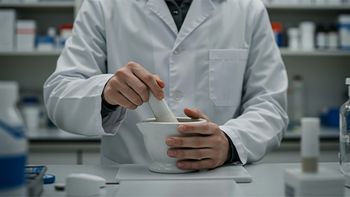
The new 350,000 square-foot Mesa hub is expected to expand the compounding pharmacy’s national fulfillment and advanced compounding capabilities.

The agreement includes exemptions for UK-produced drugs and medical devices from Section 232 tariffs, but mandates a significant change to the UK's NICE value appraisal framework.
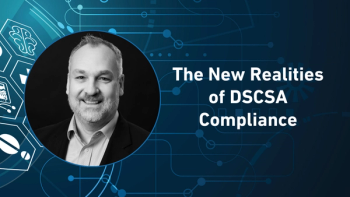
In the second part of his Pharma Commerce video interview, Dan Walles, VP & GM, traceability and compliance solutions, TraceLink, describes how initial EPCIS setup issues quickly give way to operational challenges—missing data, mismatched shipments, and suspect product alerts. Dispensers that succeed are the ones developing repeatable, cross-partner exception workflows.

In the first part of his Pharma Commerce video interview, Dan Walles, VP & GM, traceability and compliance solutions, TraceLink, notes that full readiness hinges on integrating serialized data exchange into everyday operations, not simply meeting minimum compliance requirements.
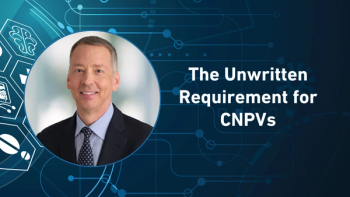
In the third part of his Pharma Commerce video interview, Brad Stewart, BDO’s national life sciences co-leader, explains that while the FDA has not defined the specific level of manufacturing commitment needed to improve US supply chain resilience, applicants for the voucher should focus on linking unique or rare disease therapies—particularly in areas like oncology—with domestic onshoring efforts to move their applications to the top of the pile for selection.

Pharma Pulse: RSV Protection Wanes, AstraZeneca Invests Big, and Novo Nordisk Faces Pipeline Setback
A new Pharma Pulse briefing unpacks declining RSV vaccine durability in older adults, AstraZeneca’s $2 billion expansion of its US biologics manufacturing footprint, and the stock-shaking Phase III struggle affecting Novo Nordisk’s Alzheimer’s ambitions.
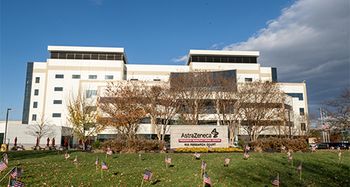
The pharmaceutical giant will be nearly doubling biologics production in Frederick and build a new clinical supply facility in Gaithersburg, projects that will create thousands of jobs, enhance US supply chain resilience, and advance its growing rare disease portfolio.
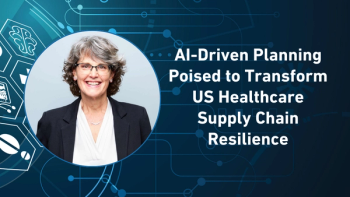
In the final part of her Pharma Commerce video interview, Christy Christian, senior industry principal with Kinaxis, highlights a future where AI, cleaner data, and exception-based decision-making accelerate response times and strengthen end-to-end supply chain visibility.
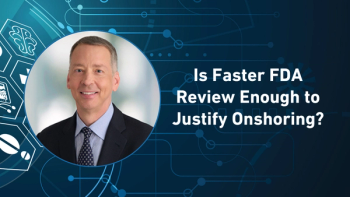
In the second part of his Pharma Commerce video interview, Brad Stewart, BDO’s national life sciences co leader, reveals how National Priority Vouchers—and geopolitical pressure—are reshaping decisions around supply chain investment.
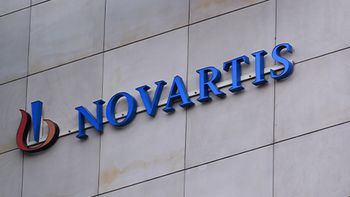
As part of its multi-billion-dollar investment, the company will be creating a unified, end-to-end manufacturing campus spanning biologics, gene therapy, solid dosage, and packaging operations.
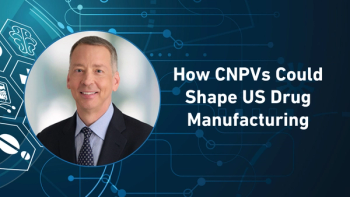
In the first part of his Pharma Commerce video interview, Brad Stewart, BDO’s national life sciences co leader, explains why large-volume, high-need drugs—especially those heavily sourced overseas—may be the strongest candidates, and how the pandemic’s supply chain lessons are influencing the program’s future direction.
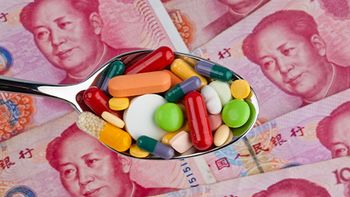
A US-China Economic and Security Review Commission report highlights China’s tightening grip on APIs, biomanufacturing, and R&D services, raising alarms about supply chain vulnerabilities, data transparency gaps, and the urgent need for US policy action.
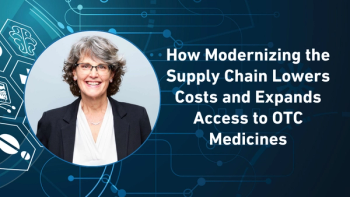
In the fourth part of her Pharma Commerce video interview, Christy Christian, senior industry principal with Kinaxis, shares how reducing inefficiencies cuts waste, preserves profitability, and ultimately lowers consumer prices while increasing production capacity to meet rising demand.
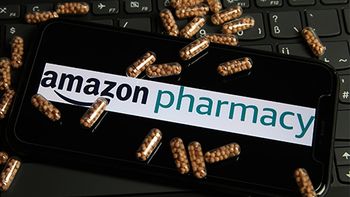
A new partnership integrates Amazon Pharmacy into Experity’s urgent care platform, enabling in-clinic prescription ordering, faster fulfillment, and improved treatment adherence through streamlined digital workflows.

